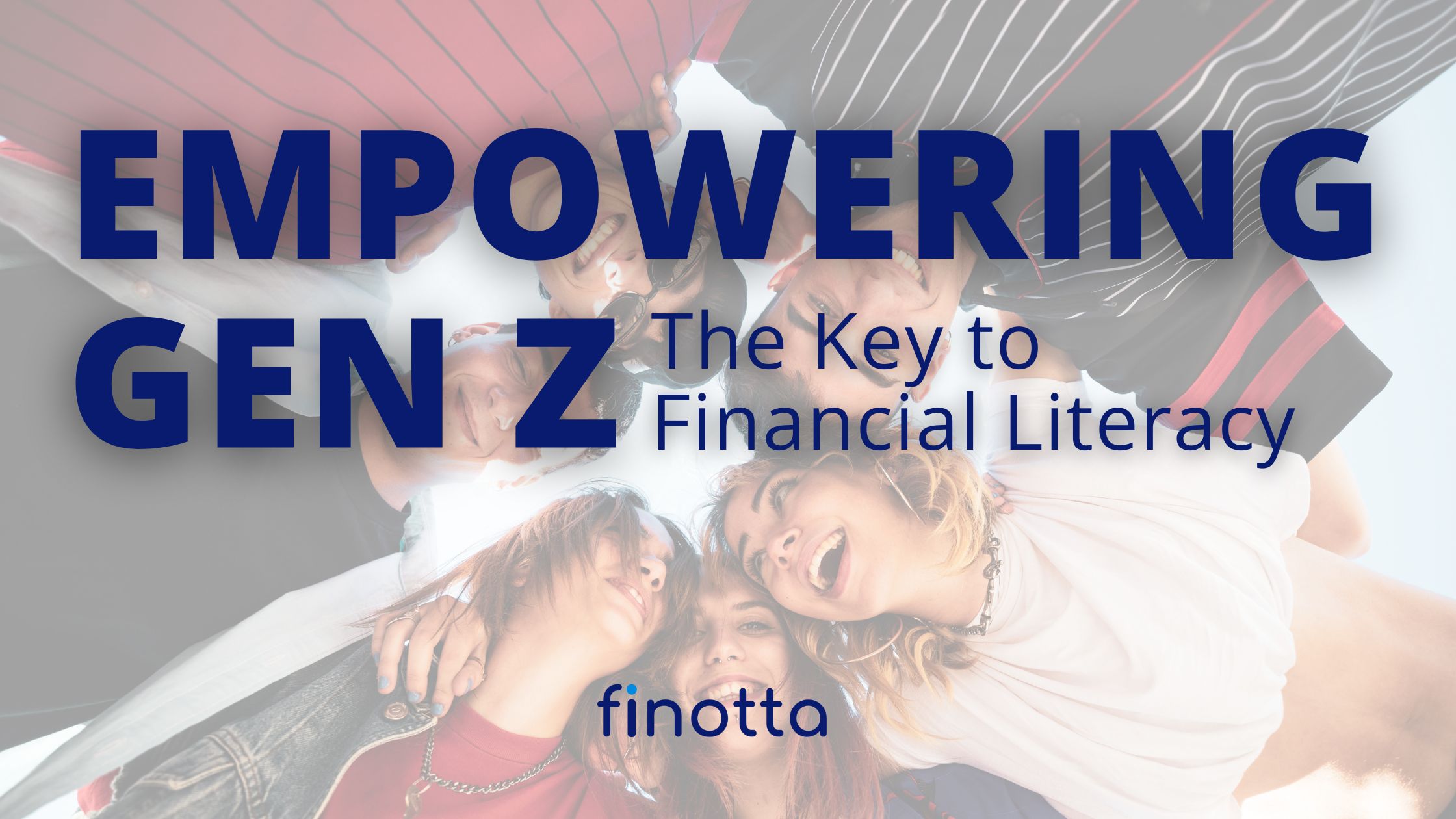Finotta
Dec 28
6 min read

